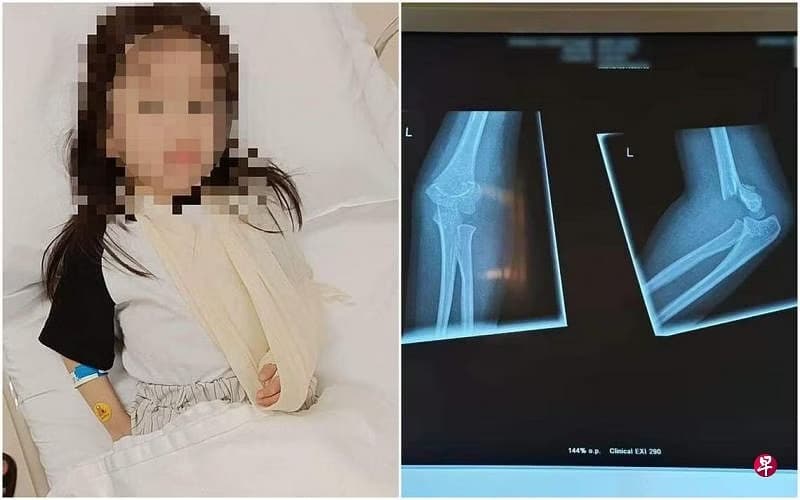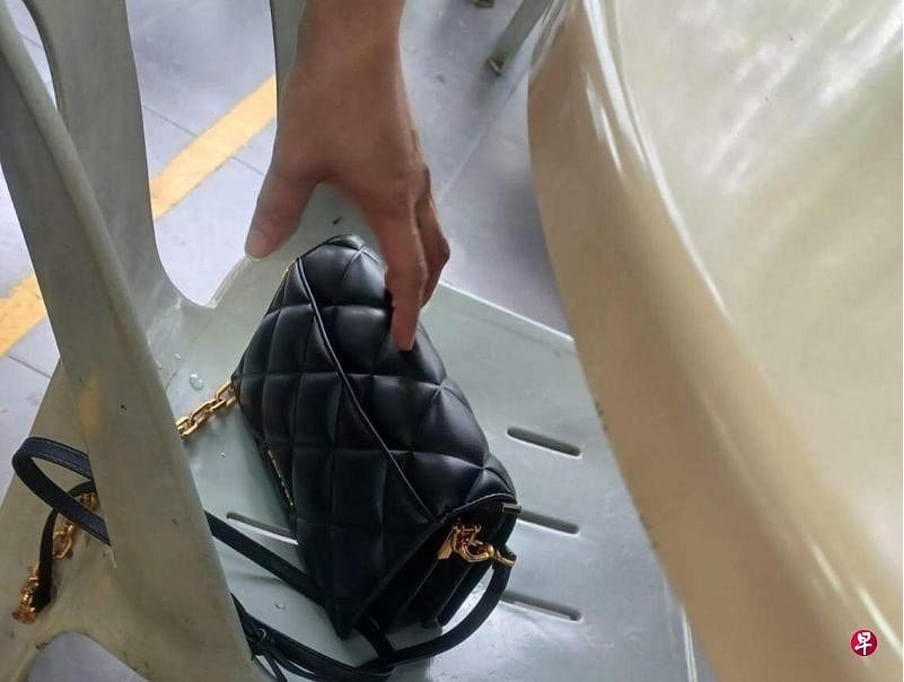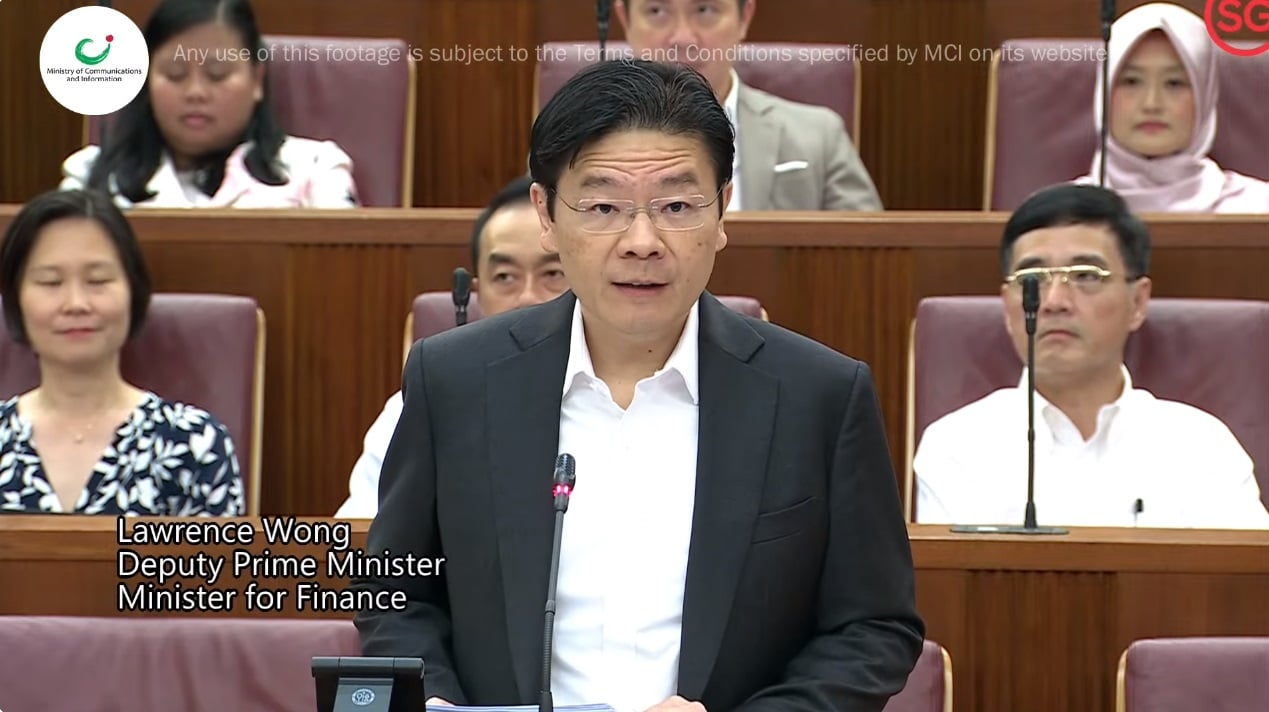A 29-year-old man, Nguyen Vinh Hai, has been sentenced to 15 months’ imprisonment for smuggling illegal rhino horns and horn shavings through Singapore. In a joint statement released by Agri-food & Veterinary Authority and Singapore Customs.
The sentence is backdated to 6 September 2017.
On 31 August 2017, AVA collaborated with Singapore Customs and the Immigration & Checkpoints Authority to investigate an attempt to smuggle illegal wildlife products through Singapore.
Nguyen, who was flying from Dubai to Laos via Singapore, was stopped upon arrival at Changi Airport and his luggage was inspected. Eight pieces of cut horns and a bag of alleged horn shavings were detected and seized.
Nguyen was arrested for further investigation.
As part of AVA’s investigations, DNA analysis was conducted on the seized horns and shavings.
Our analysis confirmed that the horns and shavings were derived from the rhinoceros, a critically endangered species protected under the Convention on International Trade in Endangered Species of Wild Fauna or Flora (CITES).

In Singapore, it is an offence to illegally import and export/re-export, transit, possess, sell, offer/advertise for sale or display to the public any illegal wildlife species (including their parts and derivatives) protected under CITES. Offenders shall be liable on conviction to a fine of up to $500,000 and/or 2 years’ imprisonment, and to the forfeiture of the contraband.
The Singapore Government adopts a zero-tolerance stance on the use of Singapore as a conduit to smuggle endangered species and their parts and derivatives.
AVA will take stern enforcement actions against any illegal wildlife smugglers.
While AVA continues to work with border control and partner enforcement agencies to maintain vigilance, tackling illegal wildlife trade requires concerted efforts of all stakeholders, including the public.
Demand is the impetus for poachers of endangered animals. The public can help reduce demand by not buying wildlife parts and products.
The public can also alert AVA of any suspected cases of illegal wildlife trade, and provide information (e.g. suspected person or company involved, type of products alleged to be smuggled, advertised or offered for sale, etc).
Members of the public can share such information with AVA via our online feedback form or call us at 6805 2992. All information shared with AVA will be kept strictly confidential.
If you’d like to contribute your story to us, drop us an email at editors@sureboh.sg and we’ll review it. We read each submission that comes to us within two weeks of receiving it.





